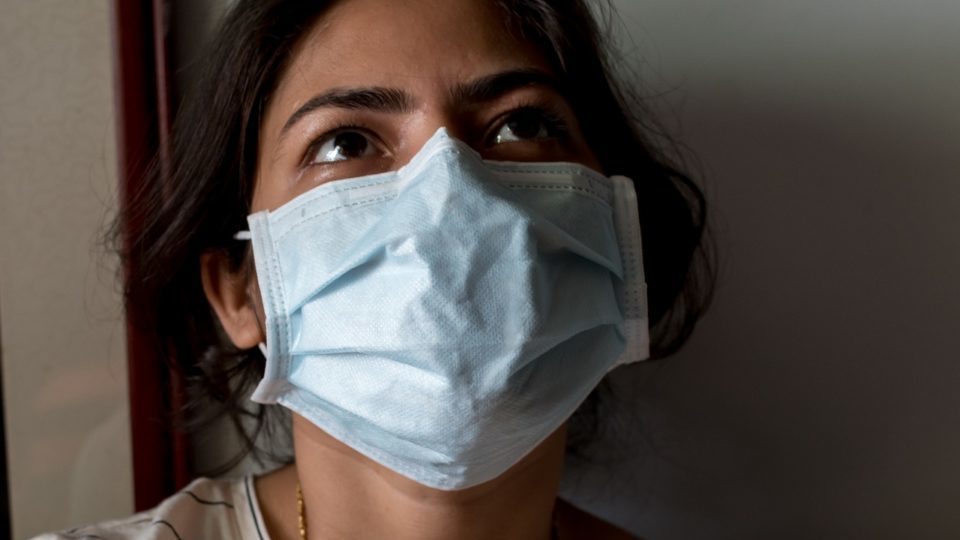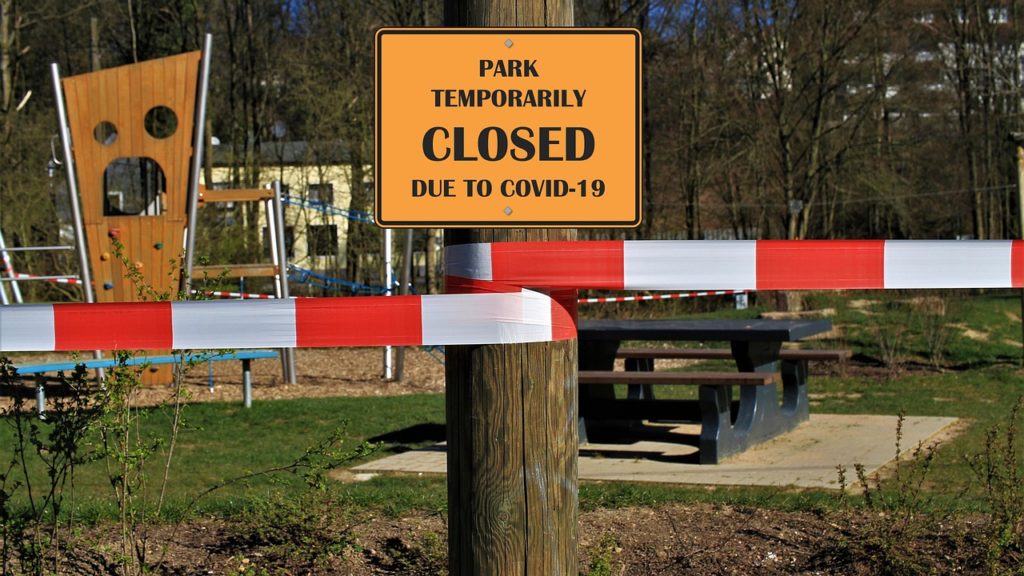
Together with 899 other people, I registered to hear the findings of the Report on the ‘Maternal Pandemic’ in an event jointly organised by the Centre for Mental Health and the Maternal Mental Health Alliance and funded by Comic Relief. A ‘bitter-sweet’ day, as the Chair of MMHA put it. Bitter, because the Report highlighted the damaging and unequal impact of the pandemic on maternal mental health. Sweet, due the potential for positive action in the UK if lessons from COVID-19 about giving priority to human wellbeing in society are followed, over and above statutory services that are likely to remain deficient after years of cuts.

Dr Alain Gregoire, president of MMHA and long-standing powerful advocate of prioritising maternal mental health within health care policies, pointed to the need for third sector support (such as that of Health Visiting and grassroots organisations) to fill the gap that the private sector could not fill. While the fact that new parents missed out on the normalisation of their worries – generally done through informal contacts with friends, family members and ‘baby groups’ – was reported, it was not clear whether digital provision could compensate for underestimated vulnerabilities. The potential impact of the pandemic on infants is yet unknown.
Clearly, community-based support can contribute to a more inclusive user-led service that will benefit all women more equally including those in racialised communities.
To make this work, some steps were identified. Janet Fyle from RCM spoke eloquently about the personal health cost of the pandemic to midwives and the need to impart them with adequate knowledge about referral. Helping women to report about their issues, particularly when there are language barriers, is key. Thresholds to specialised statutory care are complex to navigate.
In the jigsaw of third
sector resources, we
need to collaborate better with other organisations
Catherine Cho, from Action on Postpartum Psychosis and author of ‘Inferno’, brought her direct lived experience to the heart of this event. Pondering on how worse this could have been during lockdown, she reminded everyone that ‘a kind word is never forgotten’.
Digital support is likely to continue in tandem with face-to-face grassroots services, but Nathalie Nuttall from the Hearts & Minds Partnership identified a need for safeguarding guidelines to protect women and facilitate access to specialised care if required. More knowledge and referral skills something need to be in place for Perinatal or Parents & Babies teachers within Birthlight. In the ecology of maternity services, Birthlight has a place in offering Continuity of Support over the Primal Continuum – even as we work to promote a better integrated Continuity of Care that midwives have long shown to produce best outcomes. In the jigsaw of third sector resources, we need to collaborate better with other organisations and the Voluntary Sector and to articulate our value and services rendered.
COVID has driven home three lessons we already knew but needed to be reminded of. As Alain Gregoire put them in his ever-positive turns of phrase: human wellbeing prevails over money, early childhood prevails over school years for long-term health, parents and families need support to create a health society. “This is the moment to grasp IT!” We are fortunate in the UK to have the best infrastructure to deliver a fantastic service for the next generation. Perinatal mental illness is a wide spectrum: the differences that we as Birthlight teachers can make during pregnancy and in the weeks, months and years following birth cannot be easily quantified when we work preventively but they are real and long-lasting.
